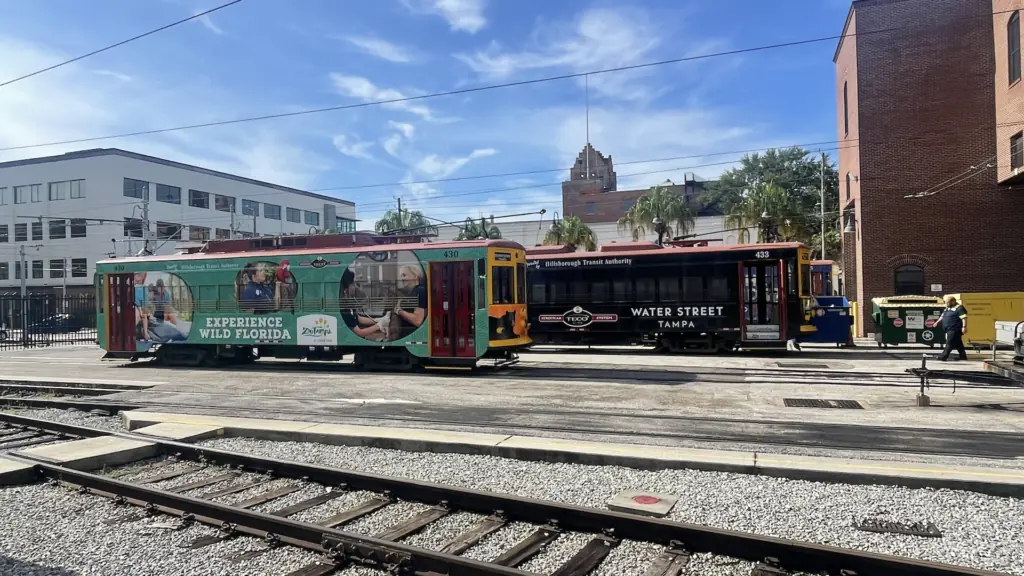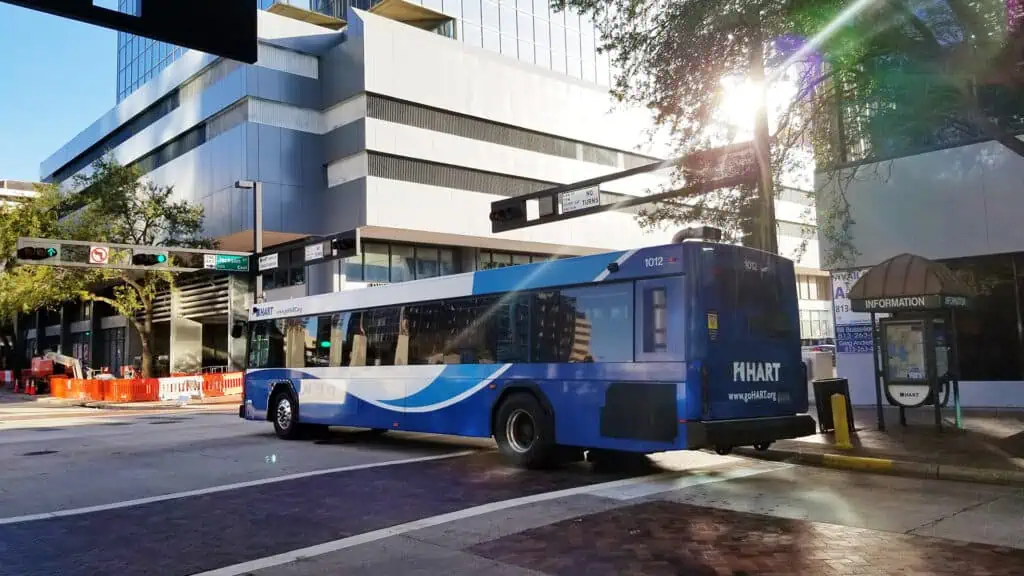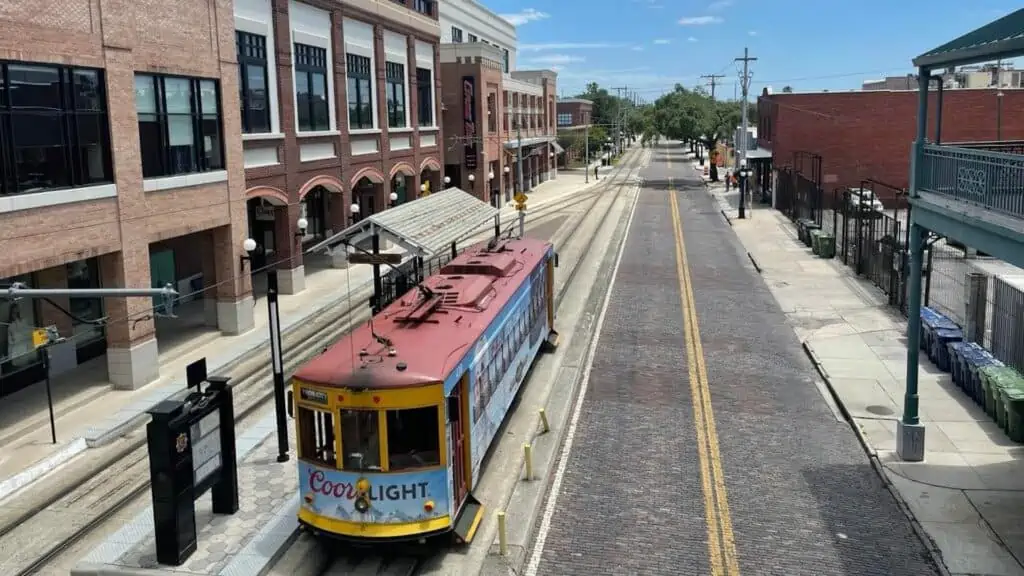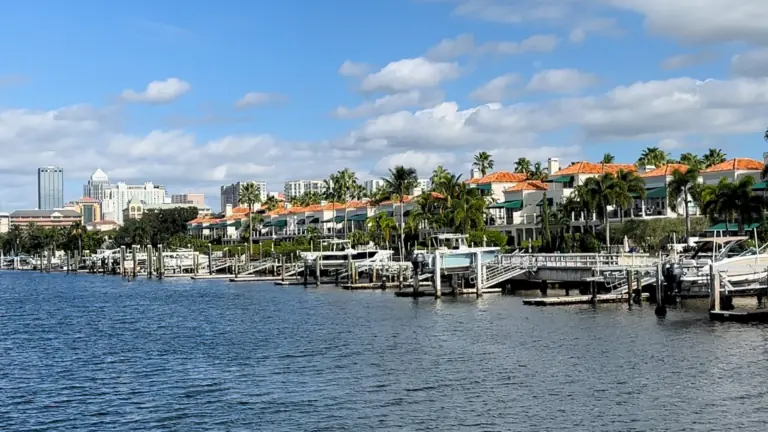The City of Tampa has secured a $1 million Technical Assistance Grant from the U.S. Department of Transportation, thanks to the Innovative Finance and Asset Concession Grant Program (IFACGP). This funding, made possible by President Biden’s Bipartisan Infrastructure Law, aims to address the city’s growing public transit and housing needs. This news comes just days before Tampa’s big World Car-Free Day event.
With this additional support, Tampa will enhance its efforts to expand transportation and housing options throughout the Bay Area. This grant, combined with federal funding for the Tampa Bay Regional Infrastructure Accelerator (RIA) office, will serve as seed money to attract experts who can expedite major transit and transit-oriented development (TOD) projects. By leveraging public-private partnerships and subsidizing construction costs, Tampa can tackle its transportation challenges as a unified region rather than competing against neighboring communities.
ADVERTISEMENT

Addressing major transportation needs in Tampa
Mayor Jane Castor expressed her gratitude to federal partners for recognizing Tampa’s potential. “If we don’t address serious transportation improvements, our growth will come to a halt. We won’t let that happen,” she said. “Expanding transit and affordable housing options remains a top priority. Addressing them together ensures we maximize value and build a brighter future for all residents.”
The funding will support several critical projects, including the Streetcar expansion, high-speed rail, rapid bus transit routes, and safe streets initiatives. These developments aim to meet the demands of the growing city, providing residents with more affordable and efficient transportation options to access essential services, schools, and housing. Integrating housing and transit planning will maximize the impact of this investment.

Steps toward a more sustainable future
U.S. Transportation Secretary Pete Buttigieg highlighted the importance of the grant. “The bipartisan infrastructure package helps cities, states, and transit agencies develop projects on underused properties, including tens of thousands of housing units over the next decade,” he said. “These grants enable communities to partner with the private sector and deliver transit-oriented projects more quickly.”
Tampa is one of 45 public entities to receive part of nearly $45 million in grant funding. The city is poised to take a significant step toward a more connected and sustainable future.
ADVERTISEMENT






















